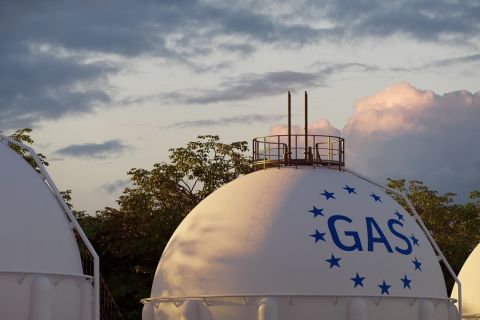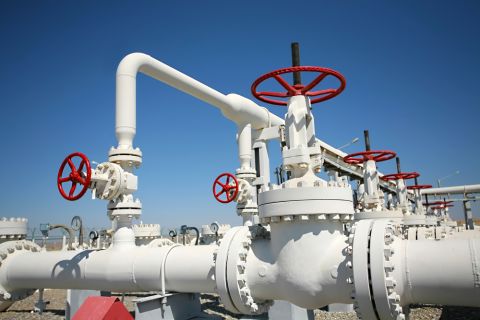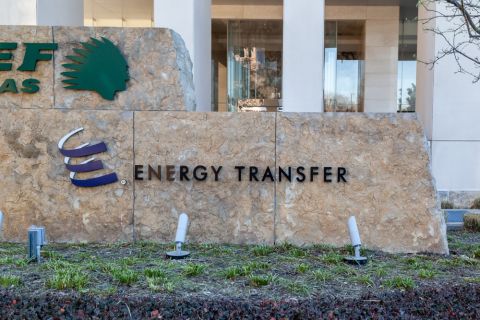Melbourne, Australia-based BHP Ltd. is seeking globalization of its capitalization, with additional stock listings in Frankfurt, Paris and South Africa. The company's stock already trades in New York and Sydney. BHP plans to merge with London-based minerals company Billiton Plc, which has no oil and gas assets. The combination will form the world's second-largest metals concern, BHP-Billiton , and will be based in Melbourne. BHP was formerly known as Broken Hill Proprietary Co. Ltd. "It's going to be a much more global company...in terms of [capitalization]," Charles W. Goodyear, chief financial officer, told Howard Weil conference attendees at the investment-banking firm's annual energy-stock symposium recently. Of the company's investors, 65% are in Australia. The company's stock represents 5% of the Australian stock index, which represents 2% of the world's investment community. "I guess you're wondering why we are here today," Goodyear began his presentation to the predominantly oil and gas and power-generation investors. Oil and gas represented 32% of the company's first-half 2001 fiscal year revenues. However, Goodyear noted, half of BHP's earnings in that same period came from its oil and gas assets, and the company is a major owner of Gulf of Mexico oil and gas leases. The company was the high bidder on 12 blocks at the recent Gulf of Mexico Lease Sale 178. Its high bids totaled $7.4 million. First production is expected this fall from the Typhoon development in the deepwater Gulf. Other oil and gas interests are in Algeria, on Australia's Northwest Shelf, in the Bass Strait and in Trinidad. It is developing alliances now in the Middle East and in Pakistan. "It's often a benefit to present yourself as an Australian entity," Goodyear said, as Australia is often seen as apolitical, compared with the U.S. for example. Its market capitalization is presently $20 billion and its enterprise value is approximately $24 billion. Its debt has been reduced to $7 billion, from $14 billion in 1998. Its other businesses are iron ore, copper and diamond mining. It also owns steel plants. The merger with Billiton "brings to the company a broader diversity of products," Goodyear said. Billiton also has coal and nickel mining, and aluminum manufacturing assets and interests. After the merger, the company plans to spin off its steel business. Diversification helps soften blows to earnings. When the copper business is in decline, the oil and gas business may be on an upswing, for example, he said.
Recommended Reading
Wayangankar: Golden Era for US Natural Gas Storage – Version 2.0
2024-04-19 - While the current resurgence in gas storage is reminiscent of the 2000s —an era that saw ~400 Bcf of storage capacity additions — the market drivers providing the tailwinds today are drastically different from that cycle.
Ozark Gas Transmission’s Pipeline Supply Access Project in Service
2024-04-18 - Black Bear Transmission’s subsidiary Ozark Gas Transmission placed its supply access project in service on April 8, providing increased gas supply reliability for Ozark shippers.
Kinder Morgan Sees Need for Another Permian NatGas Pipeline
2024-04-18 - Negative prices, tight capacity and upcoming demand are driving natural gas leaders at Kinder Morgan to think about more takeaway capacity.
Scathing Court Ruling Hits Energy Transfer’s Louisiana Legal Disputes
2024-04-17 - A recent Energy Transfer filing with FERC may signal a change in strategy, an analyst says.
Balticconnector Gas Pipeline Will be in Commercial Use Again April 22, Gasgrid Says
2024-04-17 - The Balticconnector subsea gas link between Estonia and Finland was damaged in October along with three telecoms cables.




